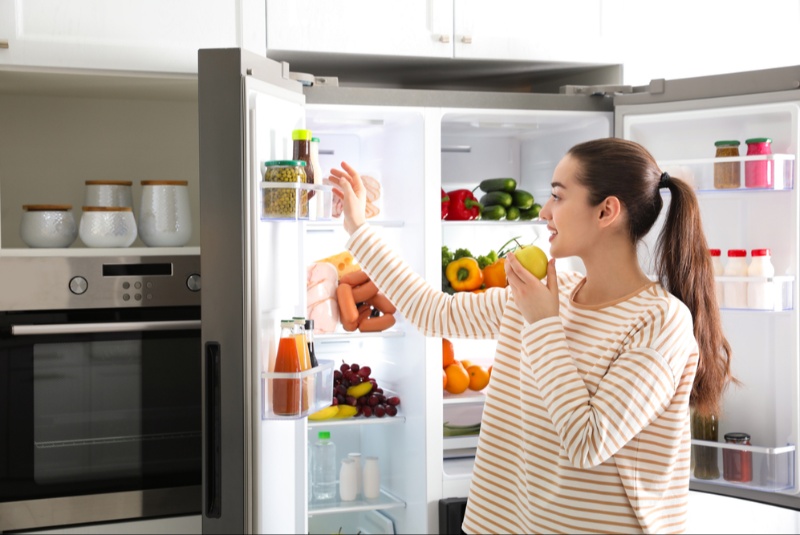In the era of smart technology, the heart of our homes – the kitchen – is undergoing a revolution. At the forefront of this change is the smart refrigerator. For homeowners who prize both convenience and innovation, the modern smart refrigerator offers an exciting blend of both. However, navigating the smart refrigerator market requires some savvy. This guide is designed to equip the modern homeowner with the knowledge they need to make an informed choice.
1. What is a Smart Refrigerator?
Simply put, a smart refrigerator is a cooling appliance that is connected to the internet and has additional features that can be controlled via smartphone or voice commands. Features can range from viewing the contents of your fridge remotely, to setting temperatures for specific compartments, and even integration with other smart home systems.
2. Features to Consider:
- Internal Cameras: Want to check if you're out of milk while at the grocery store? Some smart refrigerators come equipped with internal cameras. Simply open an app on your phone, and you can peer inside your fridge.
- Touchscreen Interface: Many smart fridges have a touchscreen interface on the door. This can be used for a range of tasks: from checking the weather, writing a shopping list, syncing up family calendars, or even streaming your favorite shows.
- Integration with Smart Assistants: Fridges that can integrate with Alexa, Google Assistant, or other smart assistants allow for voice commands. You can ask for recipes based on the ingredients you have, or even set reminders for when certain food items are about to expire.
- Temperature Control: Enhanced temperature controls enable users to set specific compartments to different temperatures. Need a section of your fridge to be a specific temperature for wine or meats? Some smart fridges offer this granularity of control.
- Shopping List and Inventory Management: By tracking what's inside, some smart fridges can notify you when you're low on essential items or even order them automatically.
3. Energy Efficiency:
In the age of sustainability, energy efficiency is crucial. Thankfully, many smart refrigerators come with Energy Star ratings, ensuring they consume power judiciously. While a smart refrigerator might have more functions than a standard one, it doesn’t necessarily mean it will use more power. Check for energy ratings and reviews to ensure you’re buying an eco-friendly appliance.

4. Security and Privacy:
With any connected device comes potential security vulnerabilities. Ensure that the smart refrigerator you’re eyeing has robust security measures in place. This might include regular software updates, secure Wi-Fi connections, and data encryption.
5. Brand and After-sales Service:
A smart refrigerator is an investment. So, considering the brand and its reputation is essential. Moreover, because of its tech integrations, you'll want a brand that offers exemplary after-sales service and tech support.
6. Price and Financing:
While smart refrigerators are becoming more affordable, they're still generally pricier than their non-smart counterparts. Look for financing options, rebates, or sales to make the purchase more budget-friendly.
7. Compatibility with Other Smart Devices:
If you have, or plan to have, other smart appliances or systems in your home, it’s worth checking how well your chosen refrigerator will integrate with them.
8. Future Updates:
As with any tech product, it’s important to consider how the device will be updated in the future. Some brands may offer software updates that introduce new features, while others may not.
The world of smart refrigerators is vast and exciting. They promise a combination of convenience, efficiency, and a touch of luxury. However, like any significant purchase, it’s essential to research, understand your needs, and assess the long-term value the appliance will bring to your home. With the considerations outlined above, you’re well on your way to making a decision that will bring both smarts and satisfaction to your kitchen.




